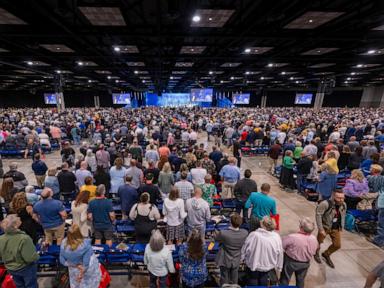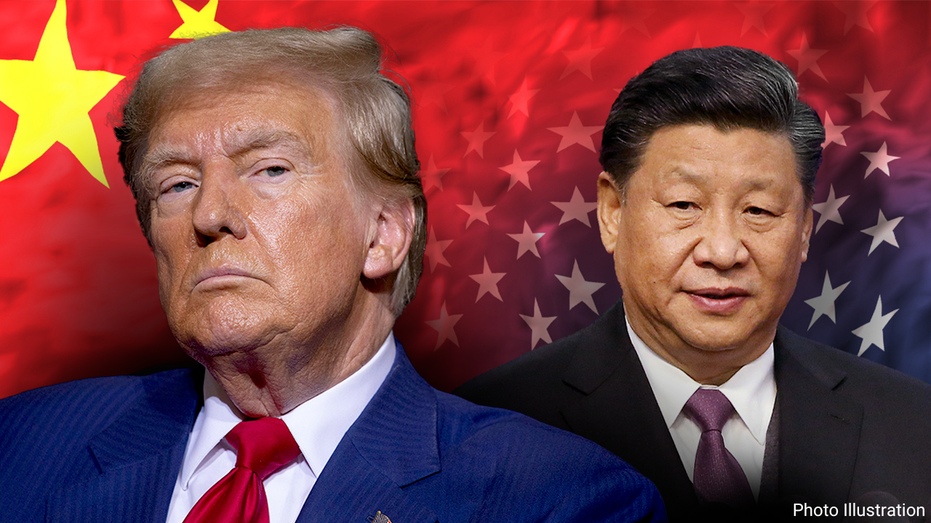I’ve often wondered what William F. Buckley Jr., the most influential conservative of the 20th century, would make of Donald Trump as president.
A potential answer, I thought, might lie in Sam Tanenhaus’ epic new biography of Buckley. It took nearly 30 years and a thousand pages for Tanenhaus to craft the book, but it was worth the wait. The prodigious research includes years of interviews and unfettered access to the family’s history. And it’s resulted in a fascinating portrait of a man who was an arresting figure, beginning in his days as a Yale undergraduate to his life as a columnist, editor, television star, author, debater, political candidate, and ultimately a key figure in the ascent of conservatism from fringe movement to the highest reaches of power.
Yet it leaves unsettled the question of whether Buckley set the stage for the rise of Trump.
For me, this is more than an academic issue.
I first met Buckley in 1966 when he read my student coverage of his appearance at Yale with amusement and invited me to participate in public discussions with other young voices about politics. These, in turn, led me to appear on the TV show Firing Line as an “examiner” — someone who could offer different perspectives on his conversations toward the end of the show. It also led to a friendship: He brought me to London for Firing Line episodes, we dined at each other’s homes, and I became one of a long line of people — Murray Kempton, John Kenneth Galbraith, Al Lowenstein to name a few — whose companionship he enjoyed even as he staunchly challenged our more liberal opinions. As Tanenhaus’ biography makes clear, his gift for friendship was a lifelong quality.
There are also far less admirable aspects of Buckley’s life. His first appearance in the public spotlight came with his 1951 book God and Man at Yale where he urged alumni and trustees to use their financial power to pressure the university into combating the faculty’s more left-leaning doctrines. His second book was a ringing defense of Sen. Joseph McCarthy and his demagogic attack on subversives in government. (Tanenhaus does note that McCarthy’s foes were less than vigilant about the fact that there were indeed some spies within the halls of government).
Perhaps most shameful, Buckley was a defender of segregation throughout the 1950’s and 60’s, infamously writing in 1957 that the white minority had to prevail in the South because it was for the moment “the advanced race.” He was a financial supporter of a newspaper in Camden, South Carolina that embraced the white supremacist views of the powerful Citizens’ Council. (Later in life, Buckley acknowledged that his views on race were wrong).
The books leaves no doubt about just how crucial Buckley was to the shaping of the conservative movement’s ascent. “Without Buckley, there is no Reagan,” more than one voice asserts. But by necessity, it leaves a huge amount of doubt about how Buckley would have viewed the rise of Donald Trump and the lurch away from some of the right’s once-sacred beliefs, including free trade and a muscular internationalism.
Buckley died in 2008 when Trump was still a political dilettante rather than the formidable politician he now is. In 2000, when Trump was flirting with presidential run, Buckley scorned him as a “narcissist.” A whole suitcase full of Trump’s qualities — historical ignorance, near-illiteracy, vulgarity — would suggest that Buckley would have joined his old colleagues at the magazine he founded, National Review, and devoted an entire issue in 2016 exclusively to making the case against Trump.
And yet — Buckley often embraced figures whose behavior was markedly different from his own, because they were serving a greater purpose in promoting his beliefs. Joe McCarthy was one example; Rush Limbaugh was another. Buckley was usually a loyal Republican and fiercely committed to the right; if both groups chose Trump, he might have also embraced the ex-reality TV star.
In fact, Buckley and Trump may have shared more political similarities than Buckley might have liked to admit. The seeds of Trump’s appeal could be found in Buckley’s 1965 campaign for mayor of New York, where his strongest support came from the cops, firefighters, shop keepers and other elements of the white working class.
Furthermore, as Tanenhaus noted in the New York Times, Buckley’s first two books offered themes that resonate strongly with Trump’s world: his scorn of the academic elitists who abandoned traditional values and his sharp critique of the bureaucrats who formed a kind of permanent government — essentially the “deep state” belief central to the Trumpier version of conservatism.
I still find it hard to believe that this highly educated, multilingual polymath whose disposition was so antithetical to the dark, resentment-fueled figure of Donald Trump, would have thrown his political weight behind the candidate of retribution. But if politics makes strange bedfellows, then the possibility of this coupling can’t be dismissed.
The potential through-line from Buckley to Trump is also important because of what it says about the right. For years, many Republicans and conservatives claimed Trump was an aberration and not representative of the movement or the party. Today, with many of Trump’s key arguments found in the writings of the right’s most historically prominent voice, that’s harder to accept today.
.png)












 English (US)
English (US)